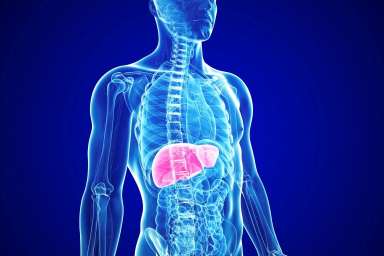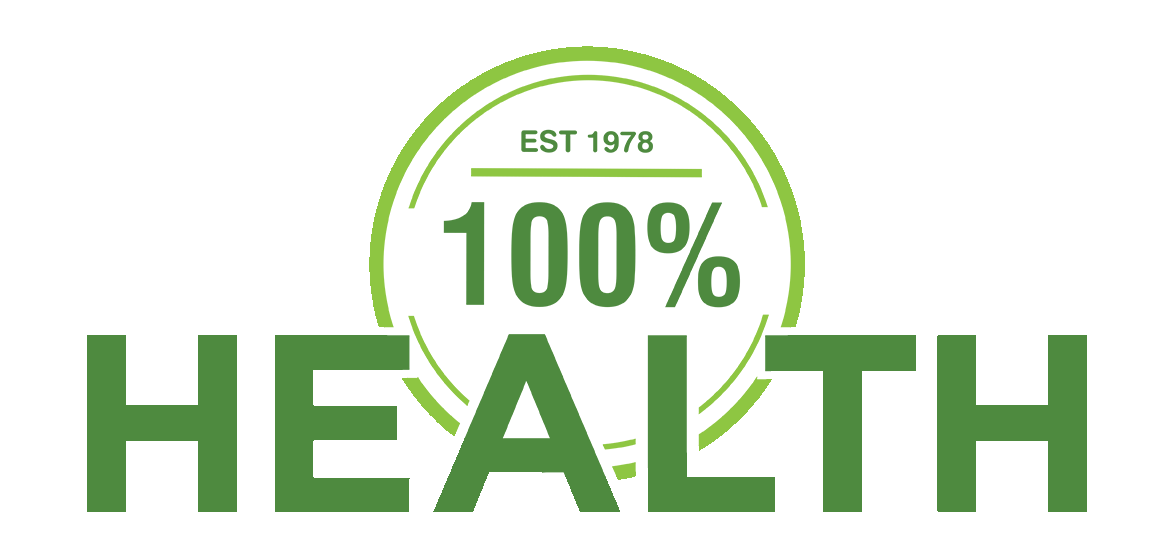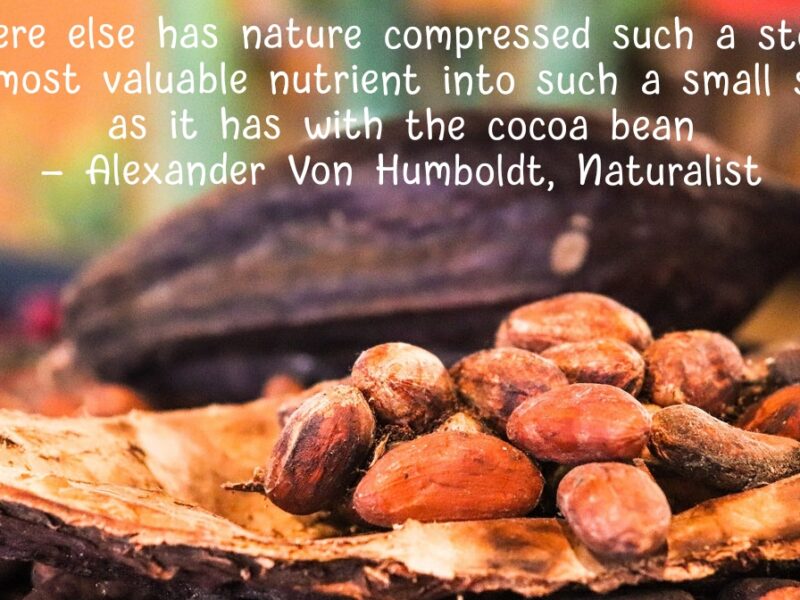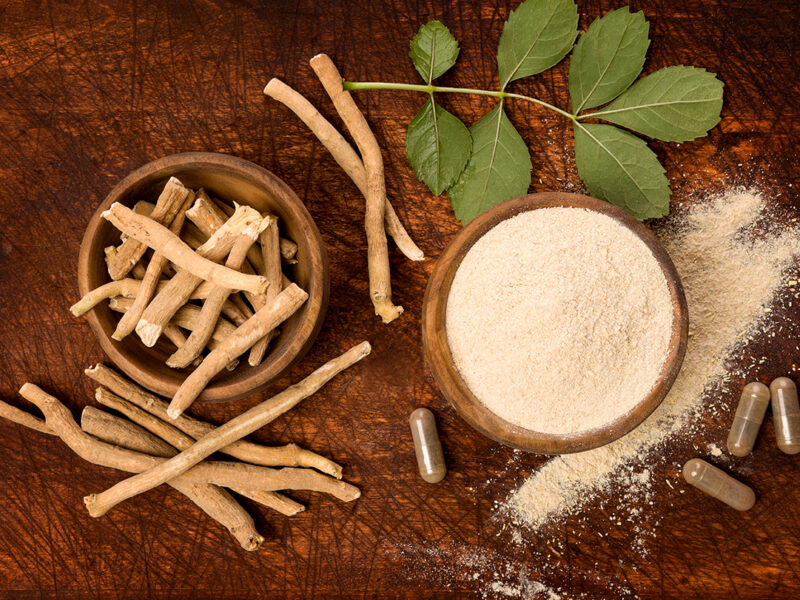
IMPROVE LIVER HEALTH
Why is the liver important?
The liver’s primary function is detoxification. A healthy liver deals with thousands of toxins each day, including airborne pollutants, caffeine, alcohol, food toxins (additives, preservatives, pesticides), and the chemicals from household and personal care products.
The liver’s other functions include:
- Producing bile to aid digestion and help the body break down fats.
- Storage of vitamins A, D, E, K, B12 for when the body needs them.
- Managing the supply and storage of glycogen (excess glucose the body doesn’t need). The liver releases glucose (sugar) into the bloodstream as and when the body needs it.
Signs of a sluggish liver
- Constant tiredness and lack of energy can be a sign that the liver is not functioning efficiently due to toxin overload or impaired glucose storage (glucose is needed for cellular energy production).
- Weight gain can occur when digestion becomes sluggish and fat metabolism breaks down.
- Digestive issues such as bloating, constipation and heartburn. If bile production becomes compromised due to poor liver function, the body will not be able to metabolise fats effectively, slowing down digestion.
- Nausea and vomiting can be a sign the body is unable to eliminate toxins properly causing them to accumulate and circulate around the body.
- Hormone imbalances, mood swings, irregular periods and hot flushes. The liver is responsible for regulating hormones and excreting excess hormones from the body so poor liver function can result in hormonal imbalance.
- Continual skin breakouts and acne. If the liver is struggling, toxins can build up and cause inflammation. When toxins cannot be excreted properly, the body will try to expel them via the skin. Itchy skin can be a sign of chronic liver disease and must not be ignored.
What causes liver damage?
- Excessive alcohol and caffeine consumption
- Medication and drugs
- Type 2 diabetes
- Obesity
- Heavy metal toxicity
- A diet high in processed foods, sugar, saturated fats (causing too much fat to store in the liver)
- Pesticide exposure
- Infections such as hepatitis
- Haemochromatosis (an iron-loading disorder)
- Tattoos or body piercings
Ways to boost liver function?
- Eat a whole food diet that is abundant in fresh vegetables, fruit, plant-based proteins (nuts, seeds, beans, lentils) and healthy fats (avocado, chia seeds, extra virgin olive oil). Buy organic produce to minimise your intake of pesticides and other toxins from the food chain.
- Cut out sugars, refined carbohydrates (pasta, bread, pastries, cakes, pies, pizza), fried foods, processed foods, pasteurised dairy and saturated fats to reduce the toxic load on your liver.
- Eliminate alcohol and caffeine(coffee and energy drinks). Try a caffeine-free alternative like chicory root coffee or a turmeric latte. Learn more about coffee alternatives.
- Consume sulphur-rich foods including cruciferous vegetables (broccoli, cabbage, cauliflower, kale), onions and garlic as they aid detoxification pathways in the body and support the liver so it can function efficiently.
- Increase your intake of B vitamins which are essential nutrients for detoxification and help to protect the liver from the damaging effects of alcohol. Foods sources of B vitamins include leafy greens (kale, spinach, rocket), organic eggs, sunflower seeds and legumes (kidney beans, lentils, chickpeas, green peas). Supplementation may be required; consult with a nutritional therapist to get the correct dose for you.
- Up your antioxidants which are vital to neutralise the free-radicals caused by toxins. Vitamins A, C and E, CoQ10, quercetin and alpha lipoic acid are important antioxidants as well as minerals like magnesium, zinc, copper, selenium and manganese which are co-factor nutrients for liver detoxification. Fruits and vegetables provide an abundance of antioxidants, vitamins and minerals.
- Avoid drinking water out of plastic bottles and using clingwrap on food as plastics contain toxic chemicals like phthalates and BPA. Instead, use glass storage containers and beeswax wraps for food and glass or stainless-steel water bottles.
- Reduce your exposure to chemicals in household products and personal care items by using fragrance-free, natural products. Learn the truth about fragrances.
Herbs for liver health
- Milk thistle is one of the main liver herbs and has been used for hundreds of years as a liver tonic. It has strong antioxidant properties and can protect the liver from the damaging effects of toxins. Milk thistle is known to regenerate the liver after liver cirrhosis.[1][2]
- Rosemary has shown toincrease the amount of bile secreted by the liver (to aid digestion) and also protect the liver from damage.[3]
- Schisandra is an excellent liver herb as it stimulates enzymes (proteins that speed up biochemical reactions in the body) in the liver and promotes liver cell growth. It is also a tonic herb that supports the body in times of stress.
- Turmeric is a bitter herb with many beneficial properties, including improving digestion, reducing inflammation, cleansing the blood and protecting the liver against damage due to its high antioxidant content.
- Dandelion root helps to promote the secretion of bile (to enable the correct breakdown and metabolism of fats), stimulate digestion and aid liver detoxification.
Herbs can be combined in a herbal formula and taken as a liquid tincture, capsule, tablet or tea. For best results, consult with a qualified herbalist or nutritional therapist.
Improve liver function naturally
Keeping your liver strong and healthy is key; when your detoxification pathways don’t work efficiently, your whole body will be negatively affected. Improve liver function naturally by limiting your exposure to toxins and increasing your nutrient intake. Eat sulphur-rich foods and avoid caffeine, alcohol and sugar. Support your liver with B vitamins, antioxidants and liver herbs like Milk thistle, Schisandra and Dandelion root.
Source: College of Naturopathic Medicine
[1]https://www.ncbi.nlm.nih.gov/books/NBK11896/
[2]https://www.ncbi.nlm.nih.gov/pmc/articles/PMC4539063/
[3]https://journals.sagepub.com/doi/10.1177/2156587216642101



